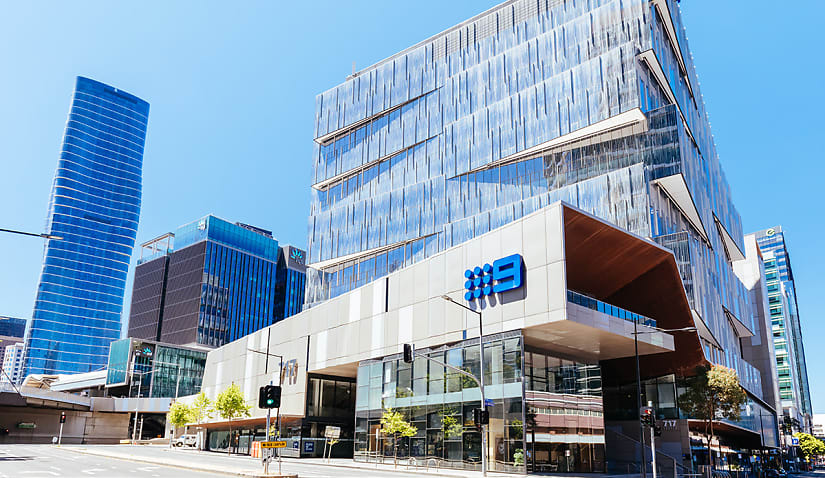The Federal Court has ruled against an application to refer Nine journalists and in-house lawyers to the registrar for alleged contempt of court over articles about the ABC’s firing of Antoinette Lattouf.

Image: FiledIMAGE - stock.adobe.com
Justice Darryl Rangiah declined to refer journalists, editors, and in-house lawyers with The Age and The Sydney Morning Herald (SMH) to a registrar over articles that named some of the individuals who complained about Lattouf’s brief employment at the ABC.
Published on 16 and 17 January 2024, the articles disclosed the name of a WhatsApp group – and four of its members – who organised a letter-writing campaign demanding Lattouf be sacked. Two individuals were directly linked to a complaint made to the ABC.
Lattouf won her unfair dismissal application late last month.
The identities of those who complained were protected under a suppression and non-publication order from February 2025, over a year after the four articles were published by Nine’s mastheads.
Appearing in court last week, Sue Chrysanthou SC said some of the people she represented had suffered harassment, including “death threats”, as a result of the media parties’ failure to respond to multiple requests for the articles to be removed.
The fact that the requests were ignored was evidence of “contumelious conduct” and supported the claim it was appropriate for the registrar to bring proceedings for contempt, Chrysanthou added.
The court was also told the media parties had the power to take down the articles and, by their failure to do so, “published or otherwise disclosed information” that revealed the suppressed identities.
In response, Nine’s counsel, Tom Blackburn SC, said his clients did not have the power or authority to remove or edit without approval.
Blackburn said the suppression order prohibited the disclosure of nine individuals “to the extent that information was derived from material on the court file or from the proceeding”, which was not the case with the articles published by The Age and The Sydney Morning Herald (SMH).
In March 2025, the articles were amended to remove the names of the relevant individuals without admission.
While Justice Rangiah was satisfied Chrysanthou’s clients established a “reasonably arguable case” of contempt against the mastheads, journalists, and editors, he was also satisfied they “established a reasonably arguable basis for defending the allegations”.
“There would be considerable resources expended by the registrar and exposure to an order for costs in prosecuting a proceeding of uncertain strength,” Justice Rangiah said in his written reasons.
“I consider it undesirable to say more about the respective prospects of the parties since I may have to ultimately decide the case.”
The contempt application also named two in-house lawyers, whom Chrysanthou claimed were aware of and ignored the court’s orders, or at least did not respond to multiple correspondences about them.
In essence, the claim against the lawyers alleged that if the in-house lawyers provided legal advice to the media employees that the article did not have to be taken down, “they could be party to contempt”.
Justice Rangiah was not satisfied that there was a “reasonably arguable case of contempt” to be made against the lawyers.
“There is no evidence that they had any control over the content or publication of the articles,” Justice Rangiah said.
“There is no evidence that they gave advice that it was not necessary to take the articles down, but, even assuming they did, there is a reasonable argument that the advice was correct.”
Blackburn said their costs should be paid on an indemnity basis because the “application should never have been brought”.
Chrysanthou submitted that the media parties should pay their own costs because of a “complete failure to respond to correspondence” and a failure to heed a warning given by Justice Rangiah in open court.
Justice Rangiah accepted that the “abject failure” of the media parties to respond to correspondence “was discourteous and unhelpful”.
“They have not provided any explanation for their conduct.
“Moreover, it is possible that a response explaining why they did not consider the order to have been breached might have avoided the present application being made,” Justice Rangiah said.
Chrysanthou’s clients were ordered to pay half of the media parties’ costs as between the parties.
The case: Lattouf v Australian Broadcasting Corporation (Contempt) [2025] FCA 812
